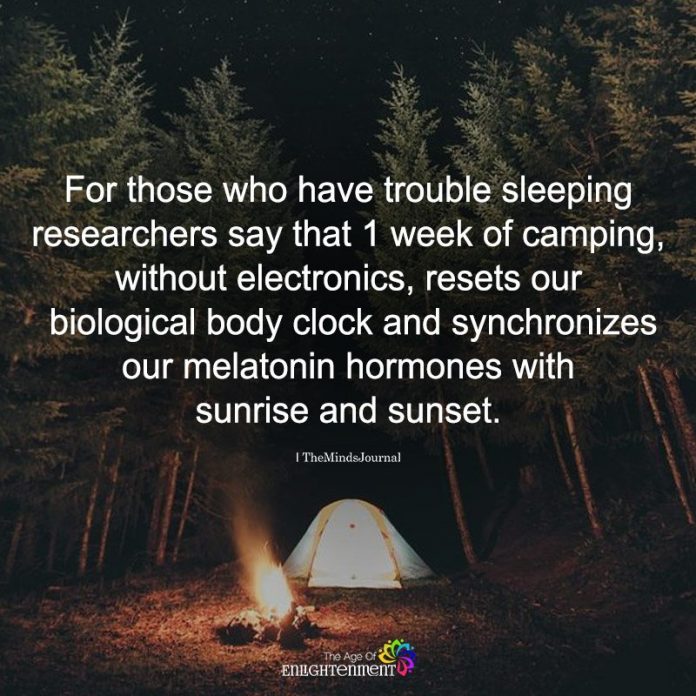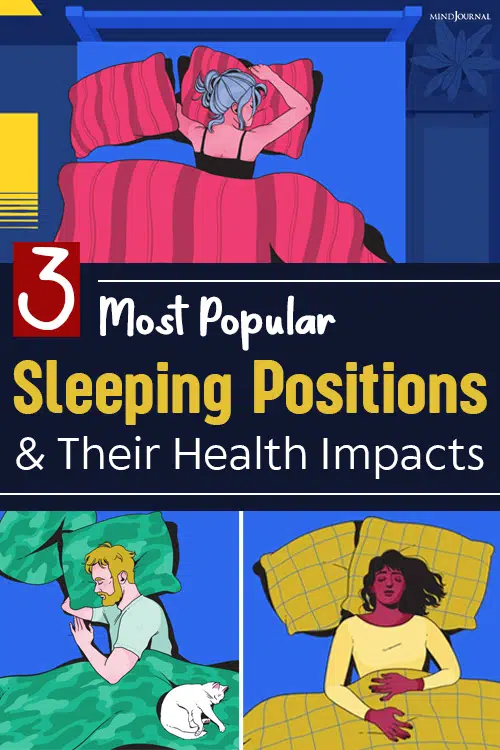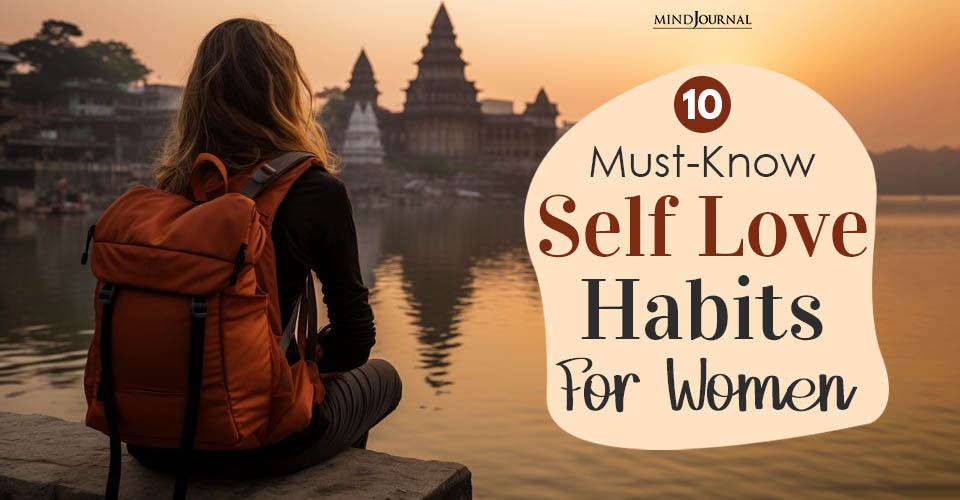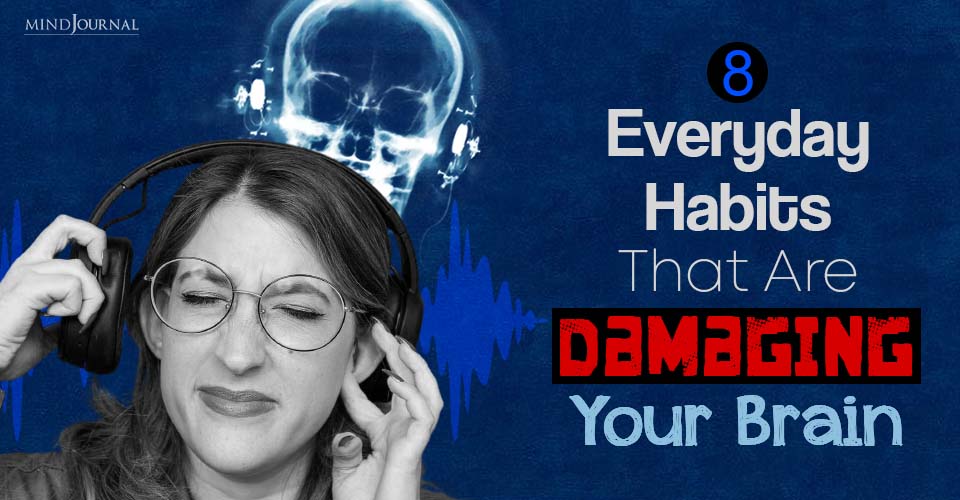Are you struggling to get a restful sleep at night? Do you wake up in the morning feeling restless? Or wake up with numbness in your arms or shoulder or back pain? If yes, then it’s time to change your sleeping positions, which significantly affects your quality of sleep and health! Find out what is the best sleeping pose for you.
Earlier I discussed different sleeping positions and what they reveal about your personality. In this post, the focus is on the best sleeping positions to enjoy a good quality of sleep and alleviate health issues like shoulder pain or back pain. Read on to know how the right sleeping posture can make a big difference in your life.
Here are 3 popular sleeping positions and their health impacts
1. Sleeping on your back
Kudos to all who love to sleep on their backs! This is a healthy sleeping pose also known as the supine position. It keeps your spine, head, and neck aligned and evenly distributes your weight. There is no pressure on your joints, neck, shoulder, belly or jaw. The supine position ensures a comfortable and relaxing body posture that helps you feel good when you wake up!
Health benefits of sleeping on back:
- Reduce discomfort by lessening compression and pain from chronic pain conditions, or old injuries or other health problems.
- Help relieve hip pain, knee pain, arthritis, fibromyalgia, bursitis and heartburn.
- Relieve from stuffy nose or sinus buildup.
- Sleeping on your back with elevated head alleviates facial pressure and headaches.
According to sleep experts, some back sleepers may experience low back pain. It is recommended to try other sleeping positions or consult a doctor for a better solution.
When your face is placed against the pillow, there is a chance for stretching and compressing the skin resulting in facial wrinkles. On this note, back sleeping is more beneficial for facial skin than sleeping on your belly or side.
Tips for sleeping on back:
- Use a wedge pillow to avoid any sort of discomfort or elevate the head of your bed 6 inches with bed risers – good practice for people with heartburn and stuffy nose.
- Avoid pillow heights that disturb the natural curve of your neck or the alignment of your spine. When placing your head on your pillow your chin shouldn’t tilt to your chest.
- Elevate your knees with a pillow – This will protect your lower back by keeping your spine in a neutral and supported position.
- Place your arms in a goalpost position.
- Keep your legs hip-width distance apart.
- Avoid lying flat on your back without a pillow – it will increase nasal congestion.
- Avoid sleeping in this position if you are pregnant or have sleep apnea or GERD.

Also read What Your Sitting Position Says About Your Personality
2. Sleeping on your belly
If you are a belly sleeper, then I have bad news for you!
It’s an unhealthy sleeping posture also called the prone position. It makes you restless, since the majority of your body weight is around your center, that core pushes into the sleep surface even more. You toss and turn to balance your neck, stomach, and spine, but end with unsatisfactory sleep. This asymmetrical sleep posture puts strain on your spine in the wrong direction.
However, stomach sleeping does offer a small benefit: it keeps your airways open by removing any fleshy obstructions. If you have sleep apnea or a snoring problem, belly sleeping offers great relief.
Also read 10 Types Of Physical Pain Indicating Emotional Problems
Health issues of tummy sleeper
- Restlessness due to poor quality sleep
- Neck pain
- Lower back pain
- Numbness, tingling, and nerve pain
- Risk of facial wrinkles
- Risk of GERD or acid reflux and heartburn.
Tips for sleeping on belly:
- Either use a flat pillow (tuck it under your pelvis to help relieve pressure) or none at all.
- Don’t lift your legs up with bent knees that will put more strain on your back.
- Place your arms in a goalpost position.
- Turn your head in alternate positions to avoid neck stiffness.
- Don’t tuck your arms underneath your head and pillow. Else, you may suffer from tingling or pain or numbness in your arm or shoulder joints.
- Avoid sleeping on your belly if you are pregnant or suffering from neck or back pain.
3. Sleeping on your left side
There are many science-backed health benefits of sleeping in this pose. Ancient Ayurveda also claims that sleeping on your left side is good for both physical and mental health. Though the human body is symmetrical, the placement of the organ inside is asymmetrical. Some organs tend to work more efficiently when you sleep on your left side due to gravity. And lowers the risk of pain symptoms after you wake up.
Let’s talk about lymph vessels. Sleeping on your left side stimulates the lymph vessels and accelerates the detoxification process. The Spleen, which is the part of the lymphatic system, is also located on the left side of the body. Purifying the blood is its main role. When you sleep on your left, gravity boosts the blood flow to the spleen allowing it to filter the impurities and function better.
The heart is another organ located on the left side of our body. When sleeping on your left side, the aorta at the top of the heart, bents to the left and departs from the heart. Further, gravity eases the lymph drainage towards this organ, lowering the workload of the heart. As a result, the heart pumps less vigorously and easily transports the blood through the body.
Similarly, gravity encourages the movement of food waste from the small intestine to the large intestine through an ileocecal valve located in the lower abdomen. When people sleep on the left side of their body at night, the waste easily moves through the ascending colon, and finally dumps into the descending colon, facilitating smooth bowel movement in the morning.

Also read Gut Health & Mental Health: Understanding The Gut Brain Connection
Health benefits of sleeping on our left side:
- Accelerate and facilitate detoxification
- Easier for the heart to pump blood downhill
- Prevent liver congestion
- Support spleen function
- Keeps pregnant women safe
- Prevent feelings of fatigue
- Reduce heartburn at night caused by acid reflux
- Boost brain health
- Reduces snoring and sleep apnea.
For a detailed explanation of how sleeping on your left boosts digestion, reduce acid reflux and heartburn, prevent liver congestion, and keeps pregnant women safe, please refer to my previous article – 8 Surprising Health Benefits Of Sleeping On Your Left Side
Tips for side sleeping:
When you sleep on the side, your neck and head must be aligned with your spine. So, measure the length between your neck and the end of your shoulder, then find the pillow that supports this height.
- Make sure the pillow fits the collarbone structure
- Keep a firm pillow between your knees. This is to stack your hips and support your lower back
- Keep your arms parallel to each other and at or below your face.
- Hug a pillow to rest your top arm on it
What’s more about side sleeping?
Sleeping on the left or right side of the body also helps clear interstitial waste from the brain, which reduces the risk of developing Alzheimer’s and other neurological problems.
Side sleeping also benefits those with sleep apnea. This pose keeps your tongue from falling into your throat and partially blocking your airway. If this sleep position doesn’t solve snoring consult a doctor!
Do you know side sleeping is best for older adults?
The reason being the flexibility of the spine decreases with age. For heavier and older adults, it’s tough to breathe while sleeping on the back due to the gravitational pressure on the body.
Health issues of side sleeping:
- If you have a tight jaw, sleeping on your left or right side can put extra pressure on it.
- Shoulder pain, but can be avoided by turning your body to alternate sides.
- Facial wrinkles – due to friction between your facial skin and pillow.
The takeaway
Sleeping on your left side is the best and healthiest position. If you are already a side sleeper, opt for the left side. Lying on your back is the next best position to maintain good health and lying on the belly or stomach is the least popular sleeping pose.
Here are the best sleeping positions for different conditions:
- Pregnant women – Sleep on your side with the knees bent.
- Neck or Lower back pain – Sleep on your side with a pillow between the knees.
- Neck pain, lumbar spinal pain, facial wrinkles, nasal congestion – Sleep on your back
- Snoring or sleep apnea – Sleep on your stomach
- GERD or Acid reflux – Lie on your back.
Choose the best sleeping pose for yourself considering your health or chronic conditions. Consult a doctor if you continue to experience numbness in your arms, stiffness of the neck, shoulder, back pain, or snoring. If you are lying down on any other sleeping poses than those mentioned in this post, yet enjoying – a restful night, good quality of sleep, and wake up in the morning without any discomfort in any part of your body – then you need not change your sleeping posture.
In which sleeping position are you going to hop off to bed tonight?
Let us know in the comments below.
Please share this article with anyone who you may think will find it valuable and helpful.
References
Mattress, P.C., Mattress, P.J., Topper, P.Q., Topper, V.G., Pillow, P.C., Pillow, P.C., Pillow, P.H. and Pillow, P.L., How Sleeping on Your Side can Improve Your Health. O'Brien, L.M. and Warland, J., 2014. Typical sleep positions in pregnant women. Early human development, 90(6), pp.315-317. Skarpsno, E.S., Mork, P.J., Nilsen, T.I.L. and Holtermann, A., 2017. Sleep positions and nocturnal body movements based on free-living accelerometer recordings: association with demographics, lifestyle, and insomnia symptoms. Nature and science of sleep, 9, p.267. Ravesloot, M.J.L., Van Maanen, J.P., Dun, L. and De Vries, N., 2013. The undervalued potential of positional therapy in position-dependent snoring and obstructive sleep apnea—a review of the literature. Sleep and Breathing , 17(1), pp.39-49. Khoury, R.M., Camacho-Lobato, L., Katz, P.O., Mohiuddin, M.A. and Castell, D.O., 1999. Influence of spontaneous sleep positions on nighttime recumbent reflux in patients with gastroesophageal reflux disease. The American journal of gastroenterology, 94(8), pp.2069-2073. Zenian, J., 2010. Sleep position and shoulder pain. Medical hypotheses, 74(4), pp.639-643. Anson, G., Kane, M.A. and Lambros, V., 2016. Sleep wrinkles: facial aging and facial distortion during sleep. Aesthetic surgery journal, 36(8), pp.931-940.








